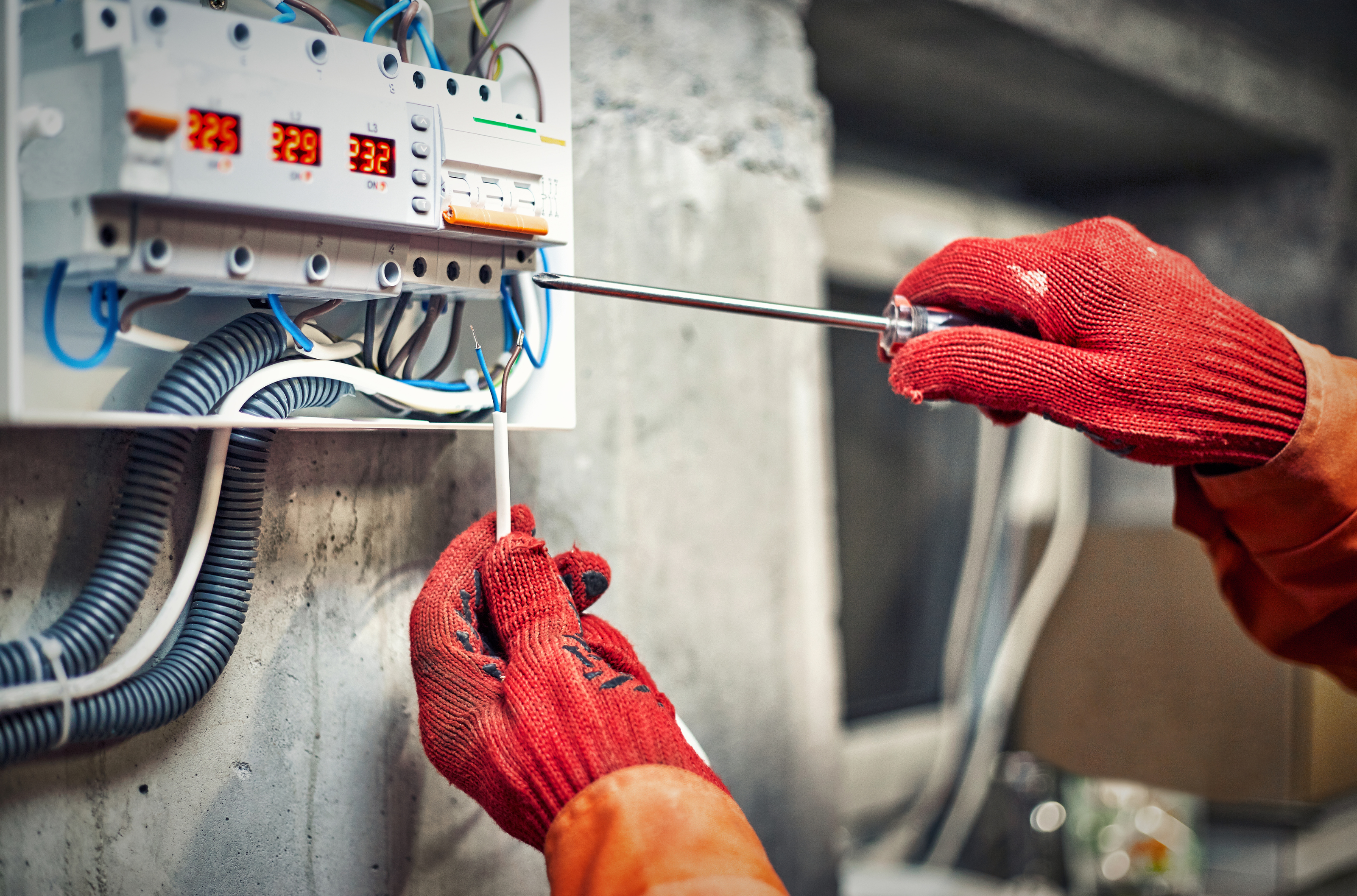
The best thing about electricity is that it is the easiest power source to transmit. It is also the cleanest while it is transferred. There is no visible leakage while we move it. No wonder it is the most used source of energy across the world. Over time, it has become the mother of all other sources of energy in the consumer world. Whether one needs light in the bedroom, wants to keep their food cool, needs to heat the house, runs an industry, or powers up the cell phone, we always prefer to have electricity as our main source of energy.
What the consumers and the installers of Pakistan do not appreciate is that unlike a mother, who is the safest haven in the world, electricity is ruthlessly treacherous. It is a silent and quick killer which indiscriminately kills any living thing or causes colossal losses to the infrastructure around it as soon as it gets a chance. Yet we as a nation are neither well informed about the risks involved nor do we wish to properly invest in electrical safety.
My eighteen years of professional experience as an engineer and a businessman working in the field of electrical components and engineering solutions have taught me that a loose connection is the most precarious and common among electrical faults. It is probably the most difficult to identify as well. These faults cannot be detected by circuit breakers or any other electrical protection mechanism. Prevention is the only solution, and only safety can resolve it. That is when the installers take extreme care to ensure that every electrical joint is properly made and that each of them is secured against various types of possible environmental hazards.
For instance, installers regularly make electrical connections in buildings and factories by joining the wire ends together, twisting them, and covering them with electrical tape. Such connections have a high probability of having one or more loose junctions and a very high possibility of forming a hot spot, which may end up burning up an area, a room, a complex, or a complete building. The modern world has learned its lessons long ago and has moved on to using contemporary methods of using spring-loaded splicing connectors to join conductors.
This technology might put a small dent in the cost of the projects, but it helps reduce the installation time by almost 80 percent. The use of these splicing connectors reduces the troubleshooting cost due to incorrect connections to almost negligible levels and helps the contractors deliver their projects on time. It increases the life and reliability of the project and minimizes the risk of fires and faults due to loose connections.
Until the government decides to take the necessary steps to raise the standards of our electrical installations, it is up to our country’s educated end users to demand and pay for proper wire terminations and junctions. We, as a nation, have the right to live with proper electrical safety!
We need to remember that loose connections are the most common and notoriously dangerous ones. The lives of our families are much more important than the meager amounts we save by compromising on basic electrical protections. One incident of fire can cause us to lose not only the priceless lives of our dear ones but can also bring more financial loss to us than spending on the electrical safety of a thousand similar buildings!

By Engr. Jamal Nasir, BSc, EE (UET), MBA (LUMS) Director, S. A Hamid & Co

